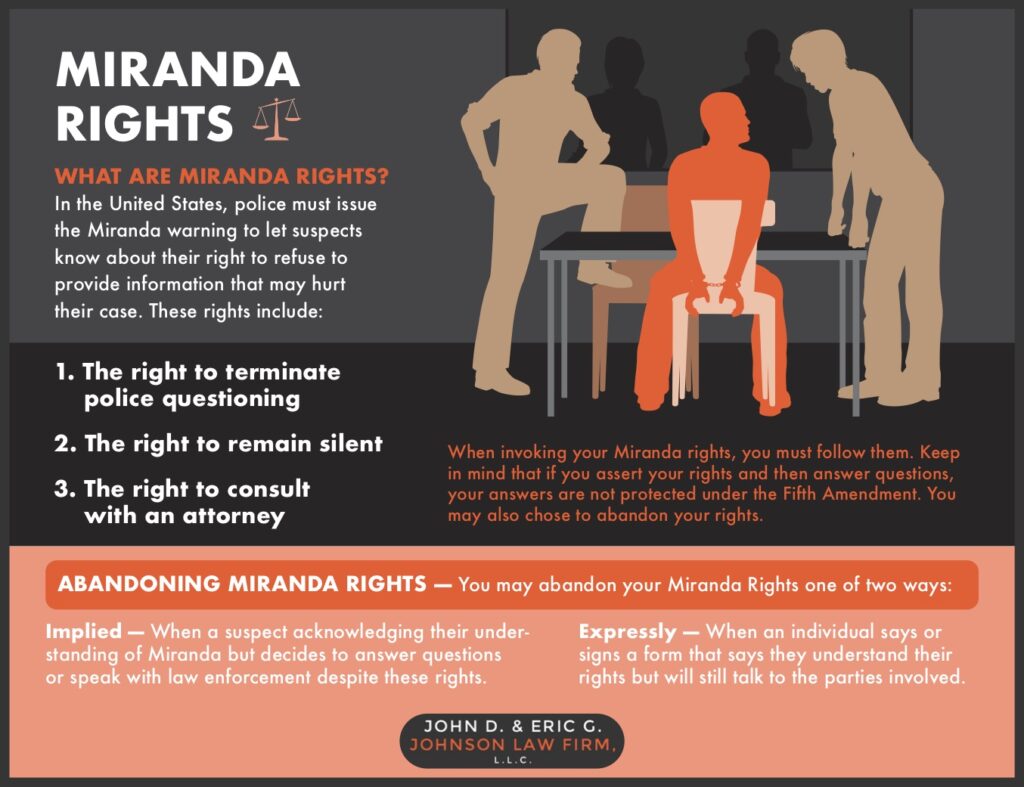The legal system is a complex web of rules and regulations, often leaving individuals feeling confused and uncertain about their rights. One such right that frequently sparks debate and misunderstanding is the Fifth Amendment’s protection against self-incrimination. This amendment guarantees every person the right to remain silent during legal proceedings and avoid answering questions that could potentially incriminate them. While invoking this right can sometimes lead to suspicion, it is a fundamental safeguard designed to protect individuals from unfair prosecution and ensure a fair trial.
This article aims to shed light on the intricacies of the Fifth Amendment and its application in real-world scenarios. We will delve into the specifics of your rights, explore the implications of pleading the Fifth, and examine the legal consequences associated with invoking this protection. By understanding these nuances, you can make informed decisions about your legal rights and navigate the complexities of the justice system with greater confidence.
Fifth Amendment Rights
The Fifth Amendment to the U.S. Constitution is a cornerstone of American jurisprudence, guaranteeing several crucial rights to individuals facing legal proceedings. Among these, the right against self-incrimination stands out as a fundamental protection against coerced confessions and unfair prosecution. This amendment states that no person “shall be compelled in any criminal case to be a witness against himself.”
This seemingly simple statement carries profound implications for individuals accused of crimes. It empowers them to remain silent when questioned by law enforcement or during court proceedings, preventing potentially damaging statements from being used against them. The Fifth Amendment’s protection extends beyond verbal testimony; it also encompasses physical evidence obtained through coerced actions or involuntary confessions.
Pleading the Fifth

“Pleading the Fifth” refers to invoking your right against self-incrimination by refusing to answer questions that could potentially incriminate you. This action is not an admission of guilt but rather a strategic exercise of your constitutional rights. When faced with questioning, you have the right to remain silent and consult with an attorney before providing any statements.
It’s important to remember that pleading the Fifth does not automatically mean you are guilty of the alleged crime. It simply means you are exercising your legal right to protect yourself from potential harm. While some individuals may perceive pleading the Fifth as suspicious, it is a legitimate legal strategy employed by innocent and guilty parties alike.
Self-Incrimination Protection
The self-incrimination protection enshrined in the Fifth Amendment serves as a crucial safeguard against coerced confessions and unfair prosecution. It recognizes that individuals can be pressured into making false or misleading statements under duress, potentially leading to wrongful convictions. By allowing individuals to remain silent, the Fifth Amendment ensures that their testimony is freely given and not obtained through coercion or manipulation.
This protection extends beyond criminal proceedings; it also applies in civil cases where individuals could face financial penalties or other adverse consequences. The right against self-incrimination helps maintain a balance of power between the government and individuals, preventing the abuse of legal authority and ensuring fair treatment under the law.
Legal Consequences

While pleading the Fifth is a protected right, there can be certain legal consequences associated with invoking it. In some cases, refusing to answer questions may raise suspicion or lead to further investigation. However, prosecutors cannot use your silence as evidence of guilt.
It’s important to note that pleading the Fifth in specific situations, such as perjury trials, could have more significant consequences. Perjury involves knowingly making false statements under oath, and invoking the Fifth Amendment in such cases may be interpreted as an admission of guilt. Consulting with a legal professional is crucial to understand the potential ramifications of pleading the Fifth in your particular circumstances.
Due Process
The right against self-incrimination is inextricably linked to the broader concept of due process. Due process guarantees fair treatment and legal safeguards throughout the judicial process, ensuring that individuals are not deprived of life, liberty, or property without a fair hearing. By protecting individuals from compelled self-incrimination, the Fifth Amendment upholds the principle of due process and ensures that justice is served impartially.
The right to remain silent empowers individuals to participate meaningfully in their legal defense without fear of coercion or undue pressure. It allows them to consult with attorneys, gather evidence, and present a strong case without jeopardizing their fundamental rights.
Conclusion
Pleading the Fifth is not an admission of guilt but a crucial exercise of your constitutional right against self-incrimination. Understanding this distinction is essential for navigating the complexities of the legal system and ensuring that your rights are protected. While invoking this right may raise suspicion in some cases, it remains a vital safeguard against unfair prosecution and a cornerstone of due process in American jurisprudence. Remember, silence can be golden when protecting your legal interests.



